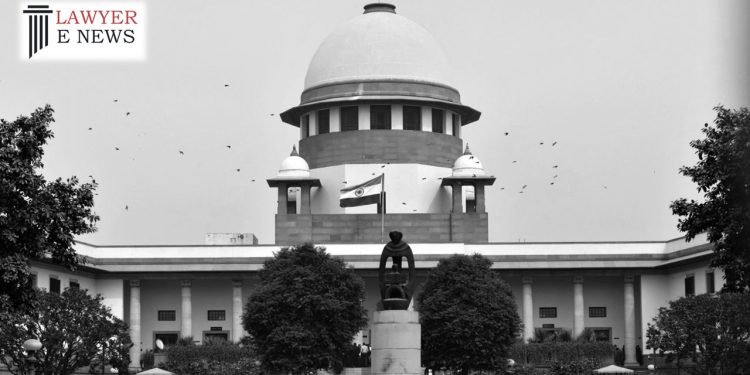Supreme Court Clarifies Quasi-Judicial Function and Affinity Test in Caste Scrutiny Committee’s Decisions

In a recent judgment, the Supreme Court has provided important clarifications regarding the quasi-judicial function of the Caste Scrutiny Committee and the relevance of the affinity test in verifying caste claims. The Court emphasized that the Scrutiny Committee, established under the Scheduled Castes and Scheduled Tribes (Prevention of Atrocities) Act, 1989, and the Maharashtra Caste Certificate Act, 2000, possesses characteristics of a quasi-judicial authority. It is entrusted with powers akin to a civil court and its decisions are subject to challenge under Article 226 of the Constitution.
The Court emphasized that the Scrutiny Committee is not merely an administrative body but rather performs quasi-judicial functions. It is expected to conduct a thorough examination of facts, including verifying documentary evidence and conducting an affinity test, to ascertain the correctness of caste claims. The affinity test, which examines anthropological and ethnological traits, should not be considered a conclusive or mandatory test in every case. The Court held that the affinity test, when conducted by the Vigilance Cell, must be considered alongside other probative evidence by the Scrutiny Committee in determining the validity of the caste claim.
The judgment clarified the conditions for referring a case to the Vigilance Cell. The Scrutiny Committee may refer a case to the Vigilance Cell for further inquiry only if it is not satisfied with the material produced by the applicant. The Committee must provide brief reasons for such referral. However, if the Committee is satisfied with the material presented, it is mandated to grant validity to the caste certificate. The Court emphasized that the affinity test is conducted by the Vigilance Cell only after the case has been referred to it and is not the sole criteria for rejecting a claim.
Justice Sanjay Kishan Kaul, writing the judgment, stated, “The Scrutiny Committee is not an adjudicating authority like a court or tribunal but an administrative body which verifies the facts…However, the Scrutiny Committee has all the trappings of a quasi-judicial authority.” The Court further added, “Affinity test is not a litmus test to decide a caste claim and is not an essential part in the process of the determination of correctness of a caste or tribe claim in every case.”
The Supreme Court’s ruling brings much-needed clarity to the functioning of the Caste Scrutiny Committee and the significance of the affinity test in validating caste claims. It strikes a balance between the need for verification and the avoidance of undue hardship for genuine claimants. The judgment provides a framework for the Scrutiny Committee’s decision-making process and ensures fairness in determining caste validity certificates.
D.D-24.Mar.23
MAH. ADIWASI THAKUR JAMAT SWARAKSHAN SAMITI vs THE STATE OF MAHARASHTRA & ORS.





